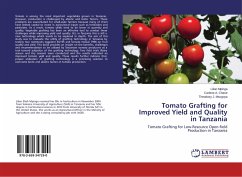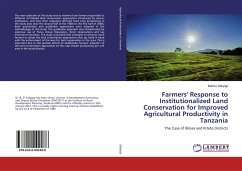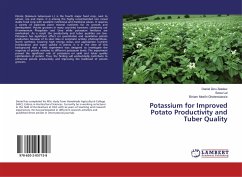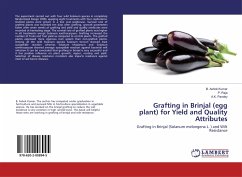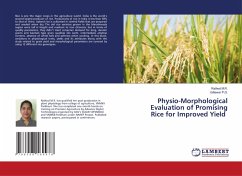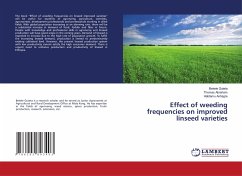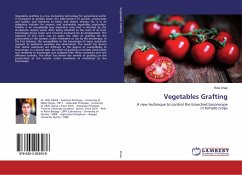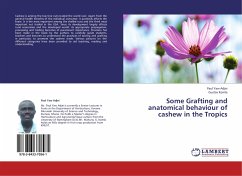Tomato is among the most important vegetables grown in Tanzania. However, production is challenged by abiotic and biotic factors. These problems are exacerbated for small-scale farmers because many of them have limited capital to invest in agricultural inputs such as herbicides and pesticides. As a result, tomato yields tend to be lower in quantity and quality. Vegetable grafting has been an effective tool to combat these challenges while improving yield and quality. Yet, in Tanzania this is still a new technology which needs to be explored in depth. The aim of this study was to evaluate the utility of grafting technology in Tanzania by testing two rootstocks eggplant EG195 and tomato Hawaii 7996 on fruit quality and yield. This book provides an insight on the benefits, challenges and recommendation to be utilized by Tanzanian tomato producers as a tool toward adoption of the grafting technology. Two field trials (Rainy season and Dry season) were conducted and the results indicated an improved tomato yield and quality. These results further indicate that, proper utilization of grafting technology is a promising solution to overcome biotic and abiotic factors in tomato production.
Bitte wählen Sie Ihr Anliegen aus.
Rechnungen
Retourenschein anfordern
Bestellstatus
Storno

